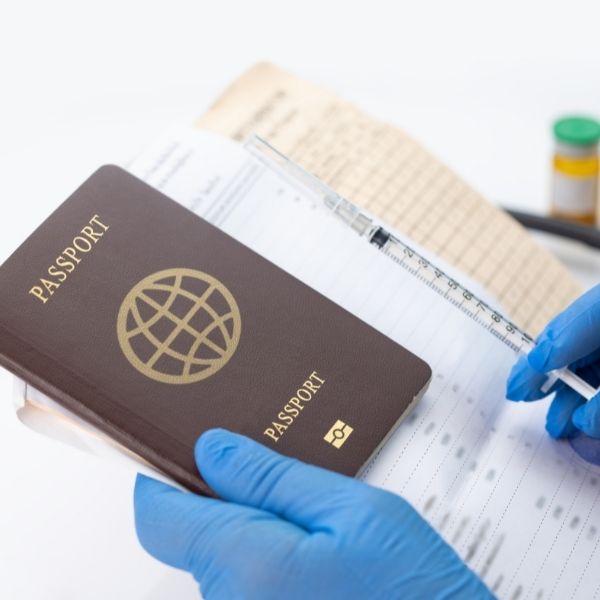
General Travel Vaccination Advice for Japan
The decision to visit to Japan is your decision and you are accountable for getting all the vaccination you are required to have ahead of your trip to Japan.
The material on this page is offered information only and collected from travel advice and warnings for Japan by governments around the globe to their citizens.
While we make every effort to give you correct travel advice information, it is provided on an “as is” basis without warranty of any kind, expressed or implied.
This owners of this website does not assume responsibility and will not be liable for any damages in connection to the information provided.
General Vaccination Needed for Japan
Do I need to inoculation when travelling to Japan? Any individual choosing to embark on vacation or business trip to Japan need to get in touch with a health care professional or go to a travel health clinic ideally six weeks before you travel regarding the folloing:
Routine Vaccinations – Make sure that your routine vaccines such as inoculation for measles-mumps-rubella (MMR), diphtheria, tetanus, pertussis, polio, varicella (chickenpox), flu and others are up-to-date despite your trip to Japan.
On top of that, you might be at risk for these vaccine-preventable diseases while travelling in Japan. Speak to your travel health expert regarding which of these vaccines are right for you:
- Covid 19 is an infectious viral disease. It can spread from person to person by direct contact and through droplets airborne.
- Hepatitis B A disease of the liver spread through blood or various other bodily fluids. Travellers who might be exposed (e.g., through sexual contact, clinical therapy, sharing needles, tattooing, acupuncture or work-related exposure) ought to get vaccinated.
- Influenza (Flu) Seasonal influenza occurs worldwide is brought on by an infection spread from person to person when they cough or sneeze or by touching items as well as surface areas that have been contaminated with the virus.
- Measles is a highly contagious viral disease. It can spread out quickly from person to person by direct contact and also through droplets airborne.
- Tick-borne encephalitis is present in some locations of Japan and it is a viral disease that impacts the central nervous system (brain as well as spinal cord). It is spread to humans by the bite of infected ticks or when you consume unpasteurized milk products.
Is it safer to travel to a location with pets in Japan?
Visitors to Japan are normally cautioned to avoid contact with animals, including pets, monkeys, snakes, rodents, birds, as well as bats. Some infections discovered in some locations of Japan, like avian influenza and also rabies, can be shared between humans and animals.
Whilst travelling Japan, is it safe to drink water in Japan?
Visitors to any destination in the world including Japan can develop travellers’ diarrhea from consuming contaminated water or food.
As food and water can carry diseases like cholera, hepatitis A, schistosomiasis and typhoid, constantly practice safe food and water precautions while travelling in any part of the globe. Remember: Boil it, cook it, peel it, or leave it!
Travel insurance for Japan
Travel health cover is among the primary factors travellers obtain travel insurance. It will not avoid you getting ill or seriously injured, though it can stop you suffering financially. Medical aid overseas can be very expensive.
You have to pay for all healthcare you receive overseas. You can’t expect to get free or subsidised care through your Japan’s public health system, like you would in your home country.
If you can not pay, local authorities might jail you. The government from your home country can not pay you medical costs for you, loan you cash or get you out of jail.
You need travel insurance policy for travelling to Japan. You also need to see to it you select a plan that is right for you.
Read the fine print of your travel insurance policy.
Declare all pre-existing conditions to your travel insurer upfront. If you do not, you might invalidate your travel insurance policy.
Inform your travel insurance provider the activities you plan to do, before you go. Many common activities like snowboarding are left out in basic policies. You may need to pay added.
Check if you have complimentary credit card travel insurance coverage. Some cards include travel insurance cover. However, they commonly have different conditions than paid policies. Understand the differences.
If you’re going to Japan from a country that has a reciprocatory health care agreement, you still need travel medical insurance. Agreements are limited in what they’ll will cover.
If you have an incurable health problem, you may not have the ability to obtain standard travel insurance policy. However you may have the ability to find a specialised insurance provider that covers you for health, accidents or property issues unconnected to your health problem. Speak with your insurance provider to find out.
Learn more about obtaining global travel insurance coverage for Japan prior to you go.
